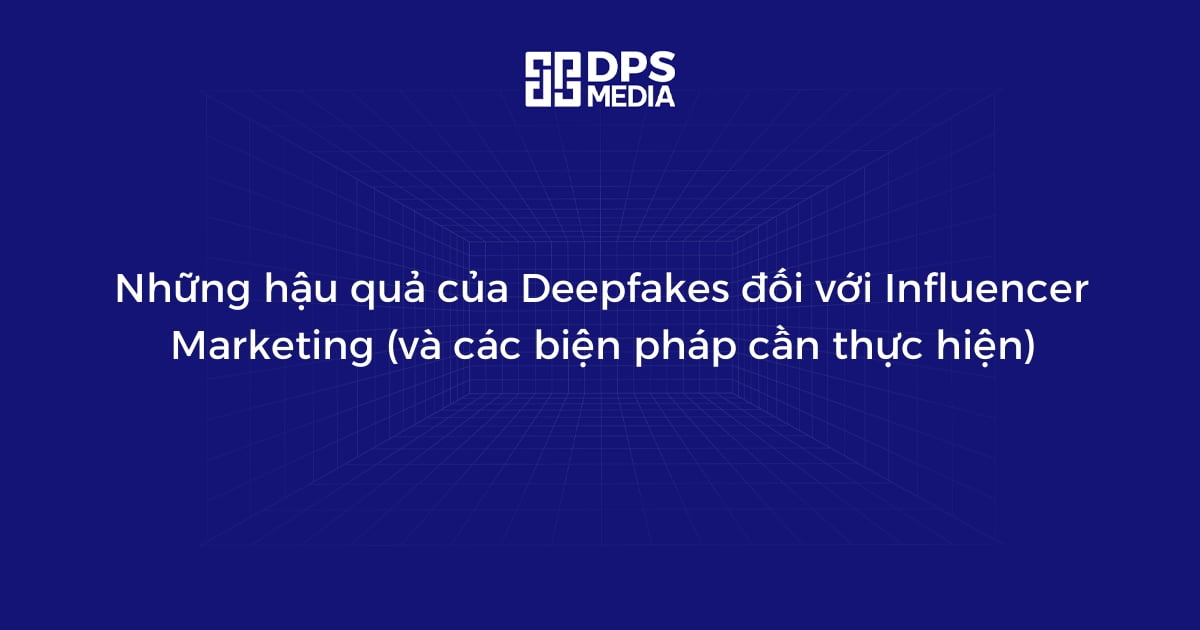Influencers discover deepfakes of themselves
Deepfake is a technology that is increasingly popular in creating fake videos edited as desired. It is a combination of artificial intelligence and deep learning, allowing users to create new videos that look almost real with the faces of different individuals. However, not only celebrities and social media stars are victims of this technology. In fact, influencers have discovered many cases of deepfakes faking themselves, causing negative impacts on their reputation and collaboration with brands.
Impact of deepfakes on influencer collaborations with brands
For influencers, building collaborations with brands is an important part of personal development and income generation. But when deepfakes of themselves appear, this collaboration can be seriously affected. Deepfakes can be used to create fake videos that viewers may believe are the real influencers. This can cause confusion and loss of trust from audiences and brand partners, affecting the influencer's reputation and future collaboration opportunities.
Brands' response when influencer partners are deepfaked
If an influencer partner is deepfaked, brands need to respond correctly to protect themselves and interact with viewers. First, they should regularly and carefully monitor the influencer partner's activities on social media to detect early signs of deepfakes. If any fake videos are detected, the brand needs to contact the influencer directly to confirm information and discuss next steps.
Brands should also pay attention to guidelines and policies for collaborating with influencer partners, especially in cases of being deepfaked. This includes clearly defining how to handle situations when a deepfake appears and the measures needed to protect the brand's interests and their reputation.
Finally, brands should consider terminating or temporarily suspending collaboration with influencers if deepfakes seriously affect their reputation and credibility. This may include including terms in contracts related to the use of deepfakes and the consequences of violations.
Influencers' response when being deepfaked
For influencers who are deepfaked, responding correctly is important to protect their reputation and credibility. First, they should immediately confirm that the video is a deepfake and not from themselves. Then, inform audiences and brand partners that they have been impersonated and provide detailed information about the situation.
Additionally, influencers need to contact the social media platform where the deepfake was discovered to request removal of the fake video. At the same time, they should preserve evidence and related information to prove that it is a case of deepfake.
Finally, influencers should seek support from lawyers or legal experts to ensure they have sufficient evidence and can take action against all these fraudulent activities. They also need to contact brand partners to inform and discuss next steps.
Deepfake is a serious issue that both influencers and brands need to face. Recognizing and finding ways to respond to deepfakes can ensure that both parties can maintain credibility and positive interaction with audiences.










